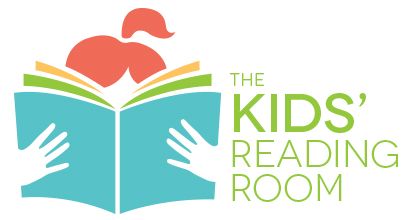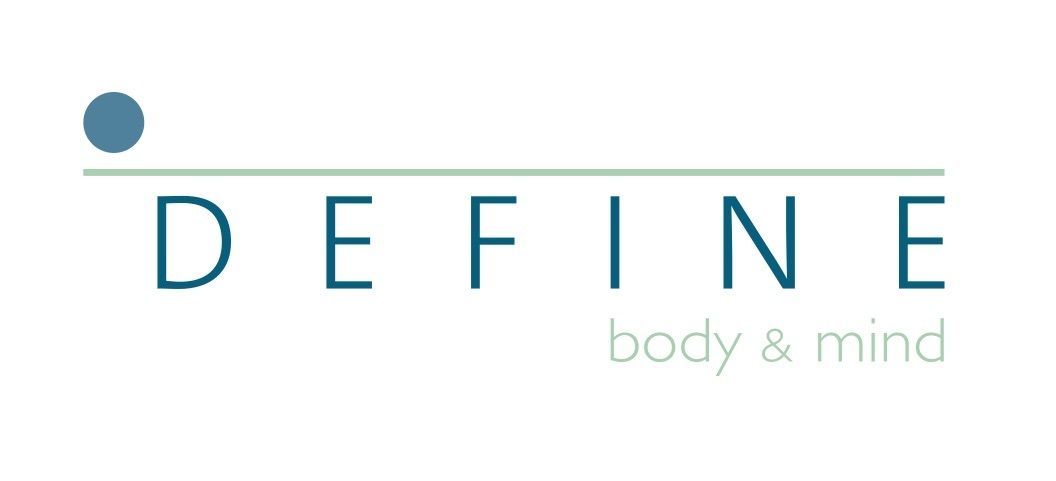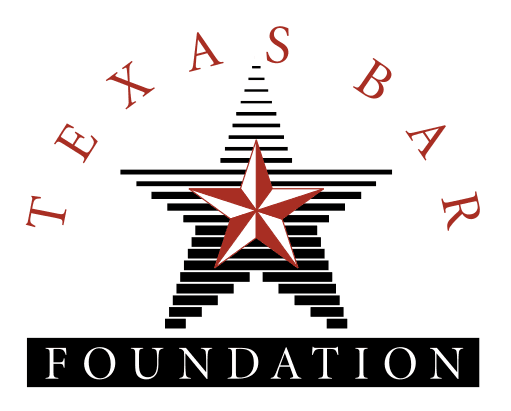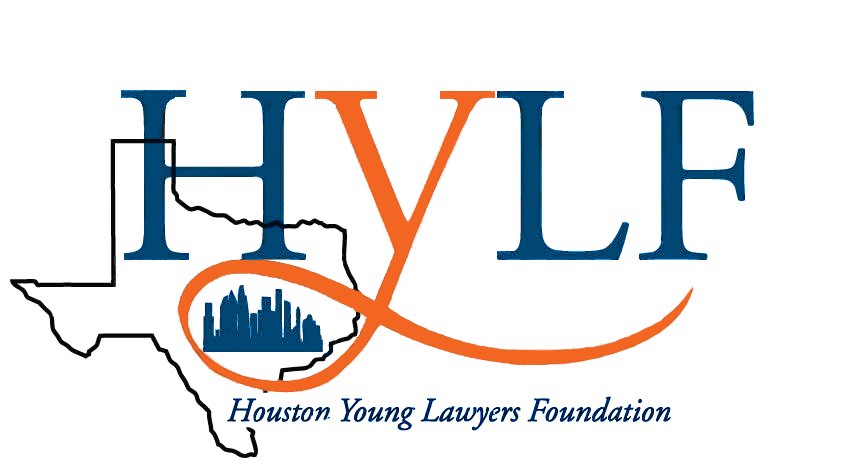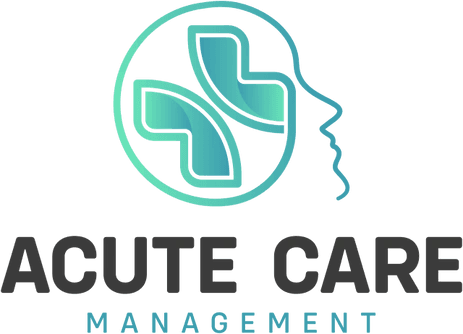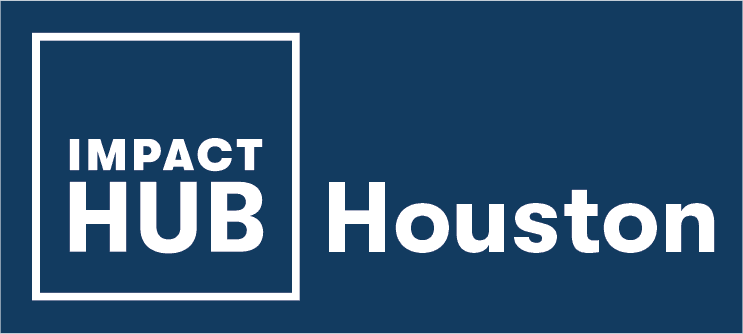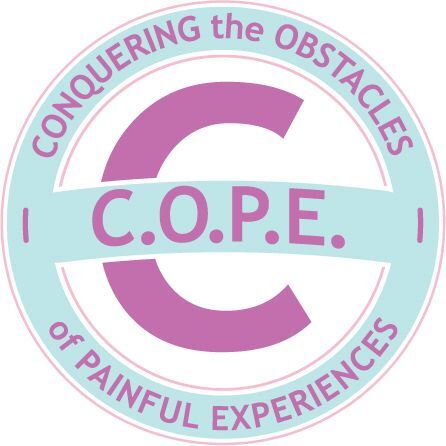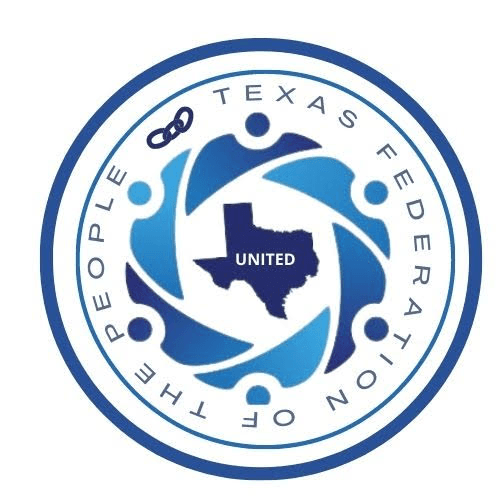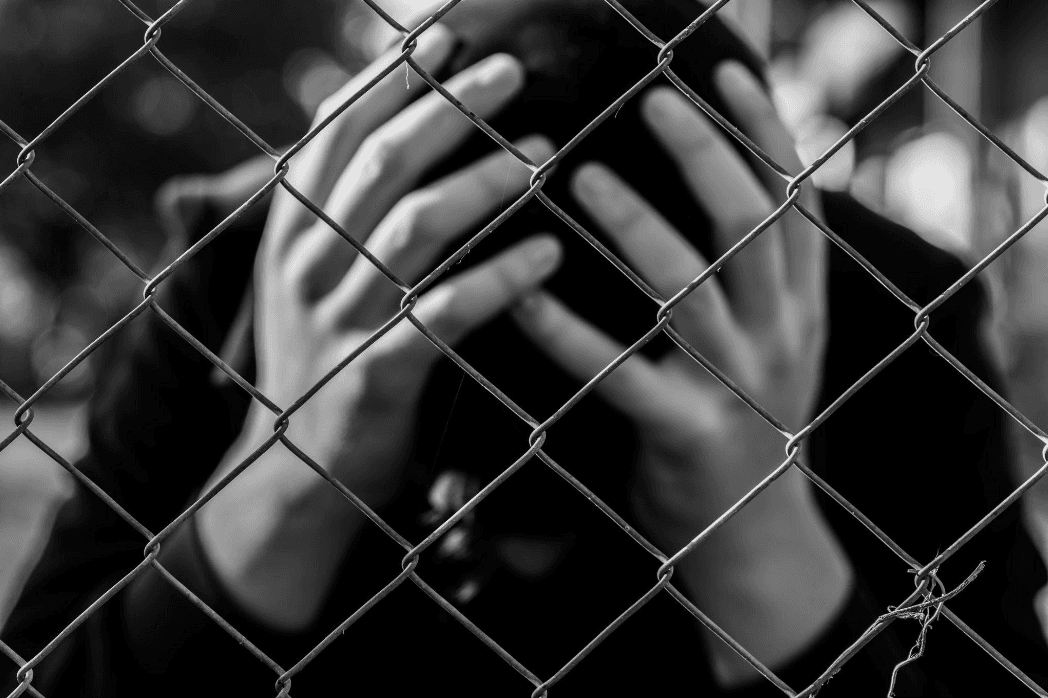
Many impoverished communities lack adequate resources to obtain a safe and quality life. In the absence of such resources, many individuals resort to criminal activity in order to meet their needs. This also negatively impacts our youth, who are influenced to commit crimes as a result of fast financial gain and status. It is a continual cycle of poverty-stricken youth engaging in criminal activities to obtain the necessary resources and becoming victims of mass incarceration.
What are the causes?
A study, The Impact of Socioeconomic Factors on Crime Rates by Vargas, suggests three theories for why individuals facing negative socioeconomic factors commit crimes. Among the three theories are the Strain Theory, Social Disorganization Theory, and Economic Deprivation Theory.
Strain Theory
According to strain theory, individuals experience strain when they do not succeed financially. In order to achieve their goals, some individuals resort to criminal activities when they have limited opportunities for legitimate success.
Social Disorganization Theory
In the Social Disorganization Theory, high crime rates are caused by poverty, instability, and a disorganized community. Crime is more likely to occur in low-resource communities, weak social networks, and communities with weak social control mechanisms.
Economic Deprivation Theory
The Economic Deprivation Theory describes economic inequality and lack of resources as driving factors for crime. Individuals who experience poverty or relative deprivation in disadvantaged communities exhibit increased criminal behavior to deal with perceived social and economic injustices.
Many factors contribute to individuals resorting to criminal activity as a last resort. Among these factors are unemployment or low wages, poor education, and family structure.
1. Unemployment or Low Pay
For an individual whose family and/or self rely on a monthly income, unemployment is a critical loss. A layoff or inability to find work causes financial strain, which can make it difficult to afford living necessities. In addition, if an individual works for low wages, they cannot afford rent, groceries, and other basic necessities. The strain theory applies here as individuals aren’t able to make ends meet or reach their goals, so they look to criminal activity as their last resort.
According to a study, Impacts of Crime on Socio-Economic Development, researchers found that unemployment is one of the major causes of crime. Individuals with a low socio-economic status were more likely to be lured into criminal activity due to the positive correlation between crime and unemployment. If individuals are unemployed or facing homelessness, social unrest may take over and lead to an increase in crime as a means of surviving and obtaining basic needs.
2. Poor Education
Another contributing factor to crime is a lack of education. Many youth, especially minorities, lack access to resources and education systems that will benefit their futures. In many disadvantaged communities, some youth are denied educational opportunities due to their impoverished living conditions, thereby contributing to Economic Deprivation Theory. The School-to-Prison Pipeline illustrates how some youth in many disadvantaged communities are frequently neglected and forced into criminal behavior and incarceration.
According to the American Civil Liberties Union (ACLU), the School-to-Prison Pipeline is defined as the “policies and practices that push our nation’s schoolchildren, especially our most at-risk children, out of classrooms and into the juvenile and criminal justice system”.
According to the ACLU, the pipeline begins with inadequate resources in public schools, such as overcrowded classrooms, a lack of unqualified teachers, and insufficient funding. Therefore, most students' educational needs are not met, which leads to disengagement and dropout rates increasing. Secondly, under-resourced schools implement zero-tolerance policies that punish students harshly for minor actions. As well as having police officers on campus for arrests for non-violent offenses.
Learning for Justice found that African-American students were 3.5 times more likely to be suspended or expelled than their white counterparts, according to a U.S. Department of Education study.
Rather than meeting minorities' educational needs, under-resourced schools in disadvantaged communities focus on punishment. In many cases, some youth engage in disruptive behavior because they are misunderstood by what they are facing in their household and at school. Using harsh punishments such as school arrests by police officers only instills anger in our youth.
Consequently, they neglect school and enter a world of crime because they are not receiving the education they need. From dropping out of school to being incarcerated, this is where the pipeline takes place. Furthermore, this reflects the Economic Deprivation Theory as youth become victims of their circumstances and are denied the necessities for improving their lives, such as education.
3. Family Structure
Many families live in impoverished communities with few family resources and support, which not only affects adults but also their children. According to the Economic Policy Institute, “as many as one in 10 African American students have an incarcerated parent, including one in four who is or has been incarcerated”. Those with incarcerated parents are more likely to engage in delinquency and become involved in the system themselves.
In cases where a parent is incarcerated, such as their father, some children may experience socioeconomic hardship with their mother. Additionally, the remaining parent may have to work longer hours or two jobs, which makes her less available to supervise the child. This causes stress upon the child, resulting in delinquency, which may lead to committing crimes that put them at risk of incarceration.
This is relevant to both Social Disorganization Theory and Economic Deprivation Theory because the child is living in an unstable household with one parent incarcerated and the other struggling financially. With losing one parent to the system, and watching their remaining parent go through hardship to prevent poverty, this is a difficult transition for a child.
As a result of engaging in criminal activity, the consequences may include victimizing others in order to fulfill their lack of resources, as well as being incarcerated for their crimes. Frequently, impoverished minority communities lack resources, which leaves the youth as victims of their living conditions. Without basic living resources, some youth and their families are burdened with how they will survive on a daily basis. It may therefore seem that they have no choice but to resort to criminal activities as a last resort.
Nonetheless, the question remains as to how we can advocate for more resources in impoverished communities and prevent individuals from turning to criminal activity.
Resources
For those who wish to clean their criminal records, Empower CDC is offering an Expungement Clinic. The National Association of Criminal Defense Lawyers defines expungement as "the legal process of removing a criminal record, including convictions and arrests, from the public record" which offers a second chance for those affected.
An individual who expunges his or her criminal history is legally allowed to deny their arrest and conviction when applying for jobs and other inquiries, according to Jason English Law.
The benefits of expungement include employment, housing, college, and so much more. A person who has his or her criminal record expunged is legally given a second chance in life. A second chance allows them to rebuild their lives and acquire the resources necessary to live a fulfilling life.
Empower(ed) to Restore Job Fair for Individuals with Criminal Justice Involvement will take place at the George R. Brown Convention Center in Houston, TX on April 13, 2024.
To register, click here.
To learn more, contact EMPOWER at 346-409-2900. Email lashundria@empowercdc.org.
Vice President of Operations: Keleigh Hardesty
Director of Supportive Services: Lashundria "Penny" Small. Journalist: Ja'Mea Thomas
Content Creator: Wesley Thompson








